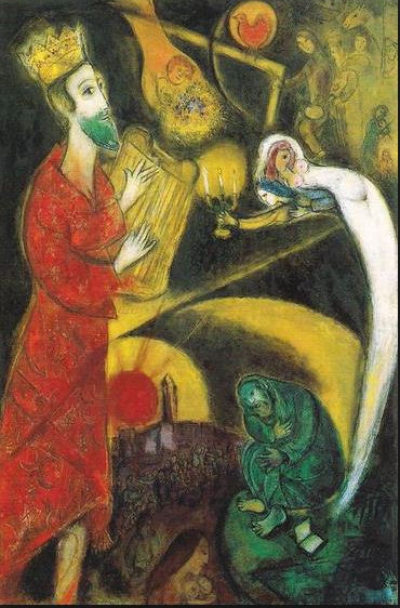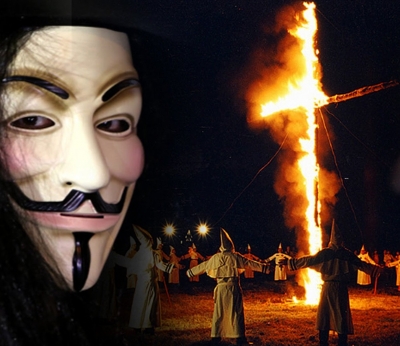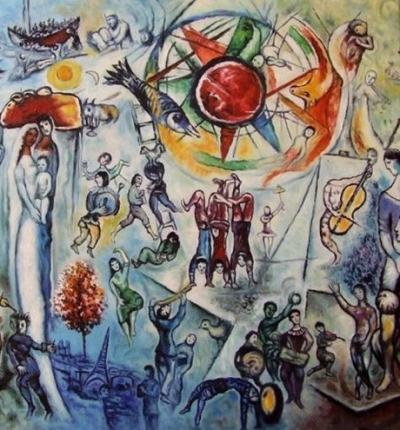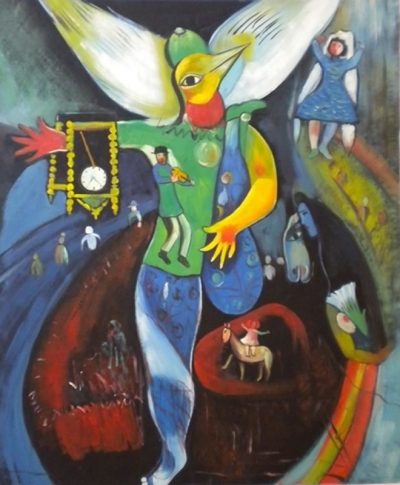We see certain politicians, certain mystics, preachers of every race and colour that are convinced that giving up power is the good of the people, they did it because they believe that giving up, they leave the individual free, but actually they had given up only in certain ways: because if they had given up completely, they would not have proclaimed certain doctrines, would not have made good for their own good, they have only given up the coercive power, but not that of persuasion!
But there is a huge difference between the power as a desire and as an ends in itself.
Anyone who wants it as a medium, has had some form of desire and wants to find the condition to make it happen.
Those who want the power as an ends, chooses its purpose in the light of possible good or bad to realize it even on the skin of others.
A small example to better understand: those who want to implement certain measures, take part in public life (politics), who wants to exercise it as personal success accepts any program useful to this desire, though it will be a compromise; to better understand, my thoughts turn to Christ in the desert, he is offered all kingdoms of the Earth if he had bent to worship Satan; he was offered the power to achieve his Purpose, his goal, which were not those he wanted to achieve his purpose.
Here we are! All modern men are exposed to this temptation !
I say if the must be beneficial, it should be connected to a purpose other than that of pure and simple power.
One should also be aware that there is another condition that the love for power must meet if it wants to be beneficial, it must connect to some purpose with the wishes of the people who suffer the effects of that purpose, moreover the means to achieve these purposes should not have any secondary purposes in such large numbers to counterbalance the goodness of the ends.
The, as the lust is strong enough to influence the actions of men more than one may think.
The ethics of power depends on the forms of love that one has for it and on every man's temperament, morality of power should not be divided into legitimate and others as illegitimate.
This moral has two aspects, at least since the time of the Hebrew prophets onwards; on the one hand, the social institution, on the other a matter of individual conscience, positive morality is older than the personal one, and perhaps older than the law itself and the Government.
The most obvious example of the alliance between ethical and moral power is the imposition of obedience: children have (had) the duty to obey their parents, wife to husband, the servants to masters, subjects to principles, lackeys to politicians, and so on.
Answer this question: is there an ethical doctrine regarding the power?
If social life needs to satisfy social desires, it will melt on some philosophy that does not come from the love for power.
A Reflection
Let's make a distinction on the conceptual level between law – State – power: the State bases its practice on penalty, on class inequalities, while the law bases its practice on consent, that is, the reason, on the reduction of class privileges, i.e. on the defence of weaker by the stronger.
The State is not what one would like it to be, but it is what has become in history, with its "separate bodies".
The law (written or unwritten) is the unidentified state structure, indeed their genesis is antithetical.
The State seizes the letter of the law to codify inequalities.
The state as a current expression of privilege; the law expression of freedom and killer of every class privilege, in the light of the world of the prophets.















Letzte Kommentare